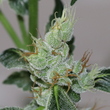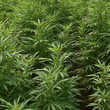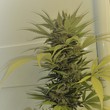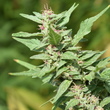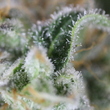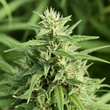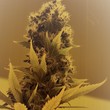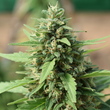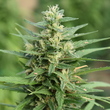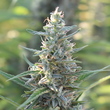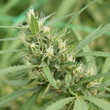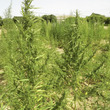Introduction
It is one of the first articles published by Phytoplant where the behavior of hemp, Cannabis sativa L. in Andalusia (SW of Spain) is evaluated, with an important potential in local agroclimatic conditions, subjecting it to different plant densities and irrigation. With the aim of developing strategies for sustainable water management and introducing alternative crops to sustain the viability of agroecosystems.
Material and méthods
Two cultivars (Carma and Ermes) were tested at three plant densities i.e. 40,000, 20,000, and 10,000 plants ha-1, under two irrigation regimes: i) fully irrigated with total water supply equal to 100% of ETc; and ii) deficit irrigation with 80% of ETc. The experimental design was a split-split plot with four replications per combination. At harvest, yield and its components (weight, plant height, stem diameter, and the weight of leaves and flowers relative to the stem weight) were evaluated. Also, the production of chemical compounds for medical use (terpenoids, and fatty acids Omega 3 and 6) were analyzed.
Results
The results showed that cv. Carma was the most appropriate in agricultural terms, with a yield significantly higher than cv. Ermes. In terms of plant density, 40,000 and 20,000 plants ha-1 gave the best results for yield, without significant impact by irrigation rates. Regarding the capability of these varieties to produce relevant chemicals, cv. Ermes yielded higher amounts than did cv. Carma. The statistical analyses concerning the influence of the irrigation treatments on fresh matter, total dry weight, dry weight of leaves and inflorescence, and stem weight showed significant differences between the fully irrigated plots and highest planting density compared with the lowest density plots. Regarding chemical compounds contents, the overall analysis showed higher contents of β-myrcene and limonene in comparison to α-pinene. The contents of these compounds were not determined by the crop variety, and were very similar in the studied cultivars
Discusion
These results suggest that plant density is the main factor governing yield under Mediterranean conditions. The contents of these compounds were not determined by the crop variety, and were very similar in the studied cultivars, getting higher contents of β-myrcene and limonene in comparison to α-pinene. These results agree with those of Casano et al. (2010), who reported that the presence of some of these compounds, specifically terpenes, is defined by genetic factors and not by environmental ones.
Other publications
See more
See more
See more
See more
See more
See more
See more
See more
See more
See more
See more
See more
See more
See more
See more
See more
See more
See more
See more
See more
See more
See more
See more
See more
Ask for information
Can we be of help to you? Do you have any questions about us? Write to us and we will contact you as soon as possible.
